Aside from building an addition or completely remodeling your kitchen, replacing your windows is one of the most expensive home improvement projects you can tackle. However, understanding the cost factors involved will help you get the most out of your budget.
View Window Costs in Your Area
View CostsSpeaking of budget, many homeowners have unrealistic expectations about how much they should spend. Much of this can be partially attributed to exposure to ads touting deals as low at $189 per window. While it is possible to find a good deal, you should remember the maxim, “You get what you pay for.” Of course, that’s not to say you should go out and drop $3,000 per window either.
How much can you expect to pay? If the window frame is intact, most window experts say that in most instances you can expect to spend about $300 – $700 per window, including tear out, disposal and installation (for most standard window sizes). If you’re going with custom windows, that figure can quickly jump above $1000 per window. If you need to replace the window and frame you can expect to spend up to twice as much per window. According to HomeAdvisor’s True Cost Guide, homeowners spent $5,209 on average to replace their windows.
Find Top-Rated Window Pros in Your Area
Search NowSo, what makes some windows more expensive than others? And are they worth it?
As is the case with most products, higher quality equals higher price. The most expensive windows will likely be wood or fiberglass and will feature triple glazed, argon or krypton gas filling and low-E coatings. And while it might be tempting to go with the least expensive windows possible, there are a few reasons you might not want to. For one, cheap windows generally don’t last as long as higher quality windows. In general, windows are built to last between 20 and 30 years. However, many homeowners have found themselves replacing inexpensive windows as soon as ten years after install. Second, inexpensive windows typically don’t look as good. When you consider how visible windows are — and how much they affect the look of your home — it’s wise to spend more to ensure you select windows that complement your home. Third, inexpensive windows won’t be as soundproof and energy-efficient. If you live near a busy street or in an environment prone to excessive heat or cold, it would be wise to invest in nicer windows with low U-factors (two or three).
Interested in a Home Energy Audit?
Search NowThat being said, just because you don’t want to go with the cheapest option doesn’t mean you should automatically go with the most expensive option, especially since the ROI will be incremental. Unless you have the budget to spare or prefer the aesthetics afforded by more expensive windows, save yourself the cash and go with mid-grade windows.
Does your home have old, drafty, single-pane windows that barely open or have rotted frames? Do you plan on staying in your home for the next ten years? Are you tired of dealing with condensation or high utility bills? If so, then it’s time for new windows. For one, inoperable windows pose a safety hazard, especially if there’s a fire. Second, old, inefficient windows affect your utility bills, indoor air quality, and home value. But, if you’re making the decision solely on energy savings, replacing windows that are otherwise functional doesn’t make much sense as the energy savings won’t be enough to justify the investment, even if you are upgrading from old, single-pane windows.
If you are ready to move forward with your window project, HomeAdvisor recommends getting quotes from at least three contractors. Our ProFinder tool will help you find a screened and rated pro in your area.

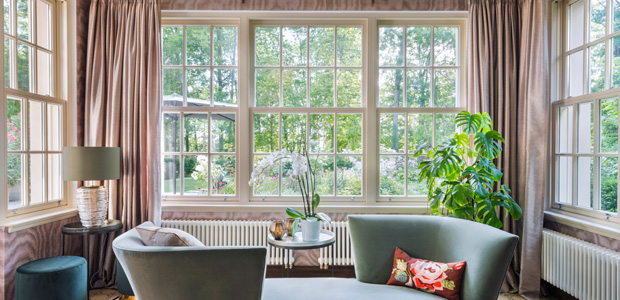
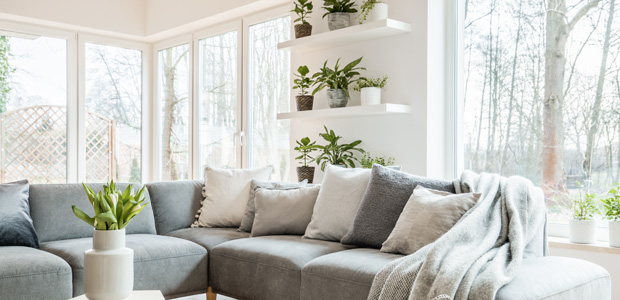
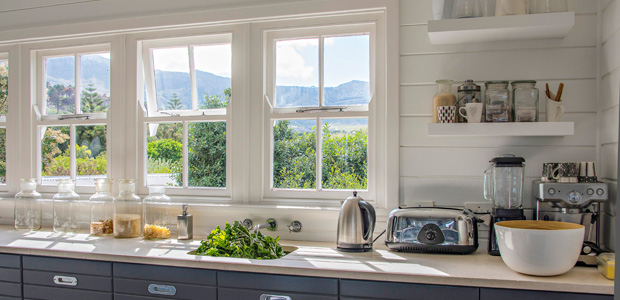

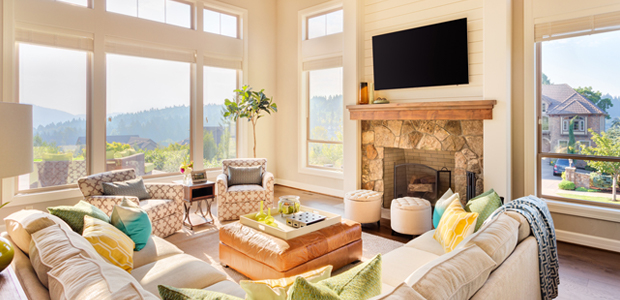 Windows:
Windows: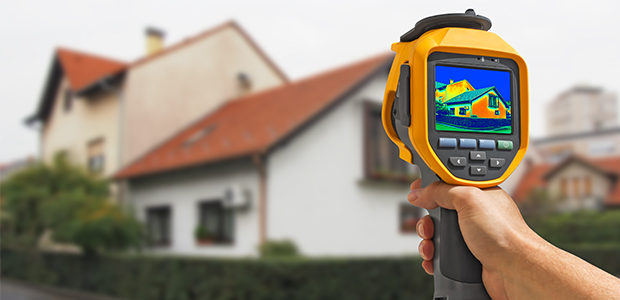 Improve Your Home’s
Improve Your Home’s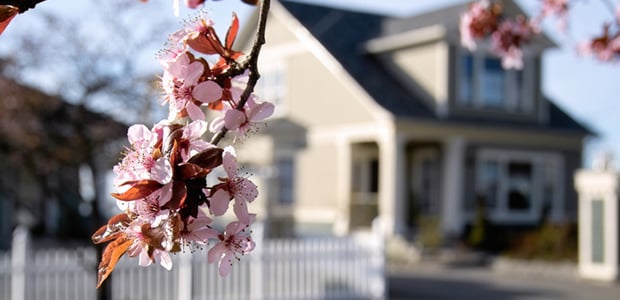 Boost Your Home’s
Boost Your Home’s Landscaping Projects
Landscaping Projects